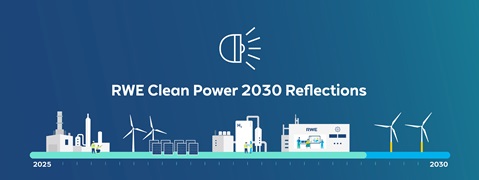The planning system must be adequately resourced to handle both the current workload and the expected growth. However, as it stands the system is chronically under-resourced, leading to severe delays.
We welcome the commitment in the CPAP to review resourcing in key planning organisations. It is important that this review is conducted as soon as possible. In particular, it should ensure that it supports training for Local Planning Authorities (LPAs) in England where very few onshore wind applications have been brought forward over the past decade.
In Scotland, planning decisions for energy capacity of any scale are devolved. The National Planning Framework 4 (NPF4) clearly sets out the need case for onshore wind in Scotland, in the face of climate and nature crises and gives additional weight to projects that directly tackle these challenges, resulting in demonstrable improvements in consenting success rates in Scotland.
This clarity and certainty should be replicated in England and Wales, in order to ensure alignment with the CP2030 ambition across all departments at both devolved and national level.
In Wales, whilst we welcome steps recently taken by Welsh ministers to streamline planning decisions, projects are still faced with multiple challenges with the Welsh government’s threshold of acceptability much higher than in other parts of the UK.
In England, whilst we welcome the recent amendment to the National Planning policy Frame (NPPF) to remove the de-facto ban on new onshore wind, the framework must be strengthened even further to give renewable energy developments priority status, in line with the recently revised National Policy Statements (NPS) for larger projects.






